Bootcamp: LEARNING QUANTUM ERROR CORRECTION WITH JUST FOUR QUBITS
Presented by
This bootcamp will provide a quantum error correction introduction and overview for the layperson.
This bootcamp is led by the University of Maryland (UMD) and NIST.
VALUE PROPOSITION
Become familiar with aspects of state-of-the-art quantum error correction and be able to hold a conversation with technical people in the field.
Instructor
Victor V. Albert, a physicist at the National Institute of Standards and Technology and a Fellow at QuICS, the Joint Center for Quantum Information and Computer Science at the University of Maryland College Park. He enjoys pursuing the broad area of quantum science, technology, engineering, and mathematics, with topics ranging from superconducting circuits to molecular physics. Victor received his Ph.D. from Yale in 2017 and was a postdoc at Caltech prior to joining QuICS.
FLYER (CLICK TO DOWNLOAD)
Logistics
Monday, September 9th 9:00AM - 12:00PM ET - at Quantum World Congress, Capital One Hall (7750 Capital One Tower Rd., Tysons, VA 22102)
Agenda
The bootcamp will cover a general introduction and overview of the following topics:
The purpose of quantum error correction
The mechanism of protecting against errors
The necessary conditions a code must have to be able to protect
Various directions and applications of the field.
Particular attention is paid to ideas that can be conveyed using only four qubits.
Who Can Attend?
Any registered delegates of the Quantum World Congress who are interested in the 5WH of quantum error correction are invited to attend.
Cost
This bootcamp is free of charge for all Quantum World Congress attendees.
Registration & PreRequisites
Familiarity with bare-bones quantum mechanics, in particular, bra-ket notation, the notion of commuting observables, and the Born rule. Registration on a first-come, first-served basis.


